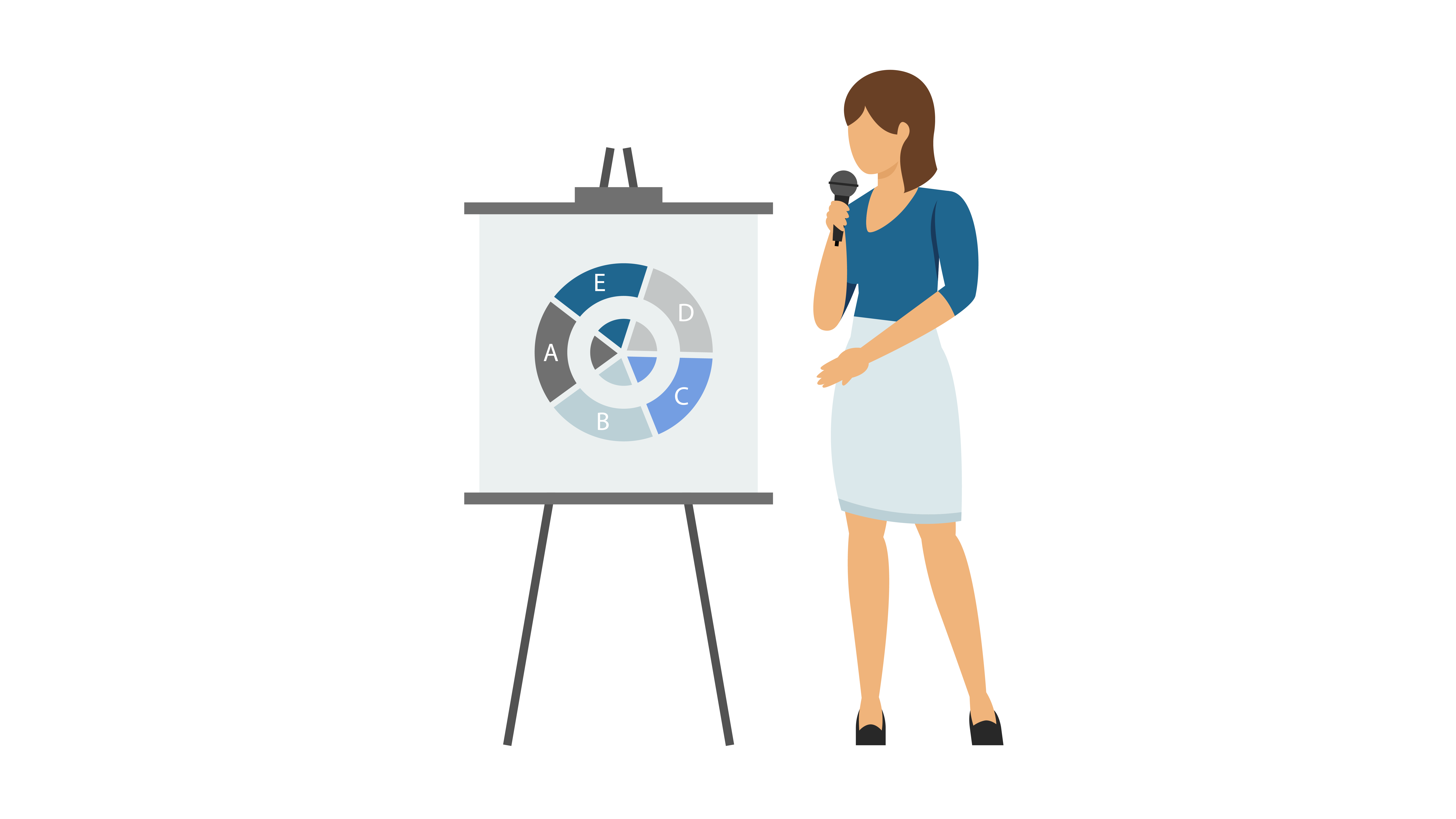All Categories
Featured
Modern businesses require an centralized location to store Customer Data Platforms (CDPs). It is an essential tool. These applications provide a better and more complete overview of customers' preferences, which can be used to target marketing and personalize customer experiences. CDPs provide a variety of features, including data governance, data quality , and formatting data. This allows customers to be compliant regarding how their data is stored, used and used. CDPs are a great way for companies to collect and store customer data in a CDP helps companies interact with customers and put them at the center of their marketing initiatives. It also allows you to pull data from other APIs. This article will discuss the various aspects of CDPs and how they can aid businesses.
what is a customer data platform
Understanding the functions of CDPs. The customer data platform (CDP) is software that lets companies gather, store and manage customer information from one central data center. This allows for a more accurate and complete view of the customer, which can be utilized for targeted marketing and personalised customer experience.
-
Data Governance Data Governance: One of the primary characteristics of a CDP is its ability to classify, protect and control information that is in the process of being incorporated. This can include profiling, division and cleansing on the data that is being incorporated. This helps ensure compliance with data regulations and policies.
-
Data Quality: It is vital that CDPs make sure that the information they collect is high-quality. That means data needs to be entered correctly and conform to the required quality standards. This reduces the costs for cleaning, transforming and storage.
-
Data Formatting is a CDP can also be utilized to make sure that data is in the predefined format. This permits data types such as dates to be aligned across customer records and guarantees the same and consistent data entry. cdp product
-
Data Segmentation: A CDP can also allow for the segmentation of customer data to gain a better understanding of different groups of customers. This allows you to compare different groups to one another , and to get the most appropriate sample distribution.
-
Compliance CDP: The CDP lets organizations handle customer data in a way that is compliant. It permits you to define secure policies and categorize information based on them. It can also help you identify any violations of the policy when making decisions about marketing.
-
Platform Selection: There's many CDPs to choose from, so it's important to be aware of your requirements before selecting the one that is best for you. Consider features like data privacy , as well as the possibility of pulling data from other APIs. cdp data platform
-
Putting the Customer at the Heart of Everything The Customer at the Center CDP permits the integration of real-time, raw customer information, giving the speed, accuracy, and unity that every marketing team needs to boost their efficiency and connect with their customers.
-
Chat, billing and more Chat, billing and more CDP makes it easy to locate the context for fantastic conversations, no matter if you're looking at billing or previous chats.
-
CMOs and CMOs and Data CMOs and Big Data CMO Council, 61% of CMOs believe they're not using big data effectively. The 360-degree view of the customer that is provided by a CDP is a fantastic approach to address this issue and enable better marketing and customer interaction.
With many different kinds of marketing technology out there every one typically with its own three-letter acronym you might wonder where CDPs originate from. Although CDPs are among today's most popular marketing tools, they're not a totally brand-new concept. Instead, they're the current action in the evolution of how marketers manage client information and client relationships (Cdp Customer Data Platform).

For the majority of marketers, the single biggest value of a CDP is its capability to section audiences. With the capabilities of a CDP, marketers can see how a single customer engages with their company's different brand names, and determine chances for increased personalization and cross-selling. Obviously, there's a lot more to a CDP than division.
Beyond audience segmentation, there are 3 big reasons why your business might desire a CDP: suppression, customization, and insights. Among the most fascinating things marketers can do with information is identify clients to not target. This is called suppression, and it becomes part of delivering genuinely personalized customer journeys (Cdps). When a consumer's combined profile in your CDP includes their marketing and purchase information, you can reduce ads to clients who've already purchased.

With a view of every client's marketing interactions connected to ecommerce information, site gos to, and more, everyone across marketing, sales, service, and all your other teams has the opportunity to comprehend more about each customer and provide more individualized, appropriate engagement. CDPs can assist online marketers attend to the root causes of numerous of their most significant daily marketing problems (Customer Data Platform Definition).
When your data is detached, it's more difficult to understand your customers and develop significant connections with them. As the variety of data sources used by online marketers continues to increase, it's more crucial than ever to have a CDP as a single source of reality to bring it all together.
An engagement CDP uses customer data to power real-time customization and engagement for clients on digital platforms, such as websites and mobile apps. Insights CDPs and engagement CDPs comprise the majority of the CDP market today. Very couple of CDPs include both of these functions similarly. To select a CDP, your company's stakeholders should consider whether an insights CDP or an engagement CDP would be best for your requirements, and research study the few CDP alternatives that include both. Customer Data Support Platform.
Redpoint GlobalLatest Posts
The Role of CDPs in Combining Data from Multiple Sources
The Role of CDPs in Streamlining Marketing Operations.
CDPs and the Role of Data Governance in Reducing Risk